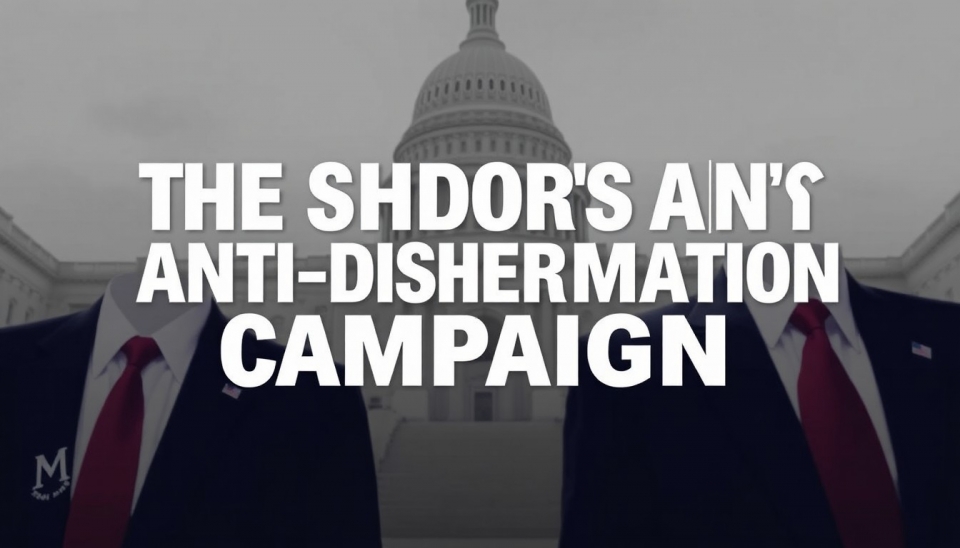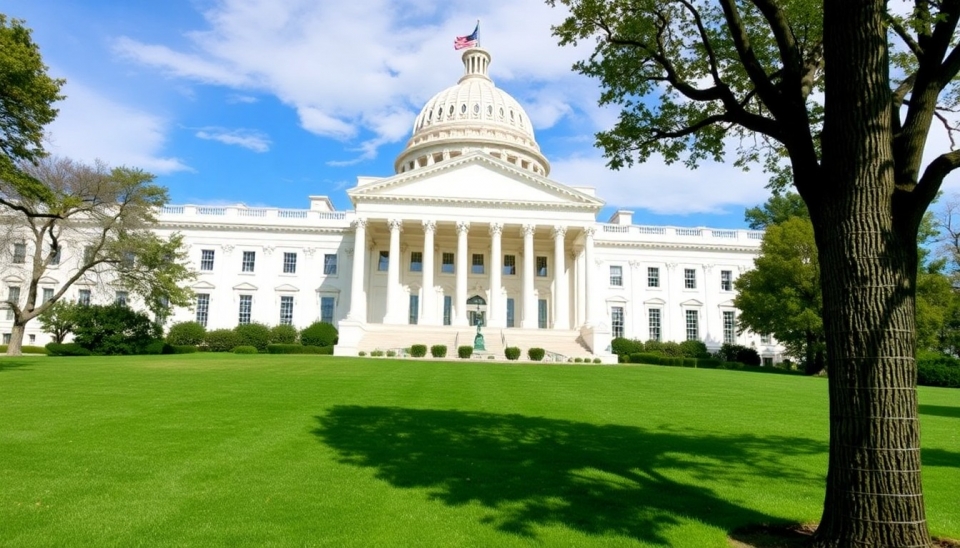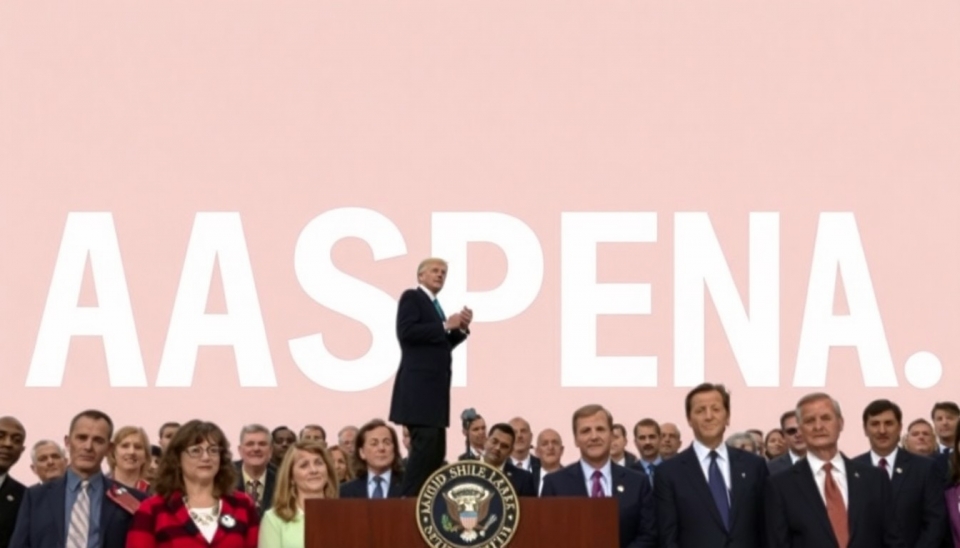
In a landmark ruling, a U.S. court has decided to temporarily halt a state-level ban on the use of artificial intelligence-generated deepfakes in political advertising. This decision has far-reaching implications for free speech and the evolving relationship between technology and politics.
The lawsuit was brought forward by a group of political organizations and free speech advocates who argued that restrictions on AI deepfakes infringe upon constitutional rights. They contended that the intended ban, aimed at preventing misinformation during election cycles, overstepped legal boundaries, stifling creativity and political expression.
Initially, the legislation, which was passed in the preceding months, aimed to curtail the development and distribution of AI-generated content that could mislead voters. Advocates for the ban highlighted concerns over the potential for deepfakes to distort reality and manipulate public opinion, especially in high-stakes electoral contexts. They stressed that such tools could give rise to unprecedented challenges in discerning authentic political messaging from fabricated narratives.
However, the court's ruling posits that banning political AI deepfakes could set a dangerous precedent. In its decision, the judge emphasized the importance of free speech protections, asserting that any legislative attempts to censor content must be weighed against the fundamental rights guaranteed by the First Amendment. The court underscored that while public discourse should be free from deception, restrictions must also acknowledge and safeguard individual freedoms.
Legal experts have weighed in on the implications of this ruling, noting that it opens the door for further discussions on how political advertising might evolve in an era increasingly dominated by artificial intelligence. For many, the court's decision reflects a balancing act between the need for truthful political discourse and the protection of freedom of expression, raising questions about where the line should be drawn.
With the 2024 election season approaching, the ruling may lead to an uptick in the use of AI in political campaigns both as a tool for creativity and as a potential tactic for misinformation. Observers speculate that candidates and political groups might exploit the court's decision to push boundaries in their messaging strategies. As a result, voters may need to prepare for a political landscape where distinguishing between fact and fiction becomes even more challenging.
This decision has also reignited debates over the regulation of digital content and the responsibilities of tech companies managing AI tools. Critics warn that without clear guidelines, the potential for misuse looms large, making it imperative for legislators to reconsider how they approach the intersection of technology, politics, and ethics moving forward.
The court's temporary halt on the ban serves as a crucial moment in the ongoing dialogue about free speech, the role of technology in democracy, and the nature of truth in the digital age. As the conversation unfolds, stakeholders across the political spectrum will undoubtedly be watching closely to see how this issue evolves and what it might mean for future elections.
In summary, the recent court ruling halting the ban on AI deepfakes in political ads spotlights a critical chapter in the analysis of free speech rights amid rapidly advancing technology, prompting necessary discussions about accountability and transparency as we venture further into the 21st century.
#FreeSpeech #AIDeepfakes #PoliticalAds #Election2024 #LegalRuling
Author: John Miller




